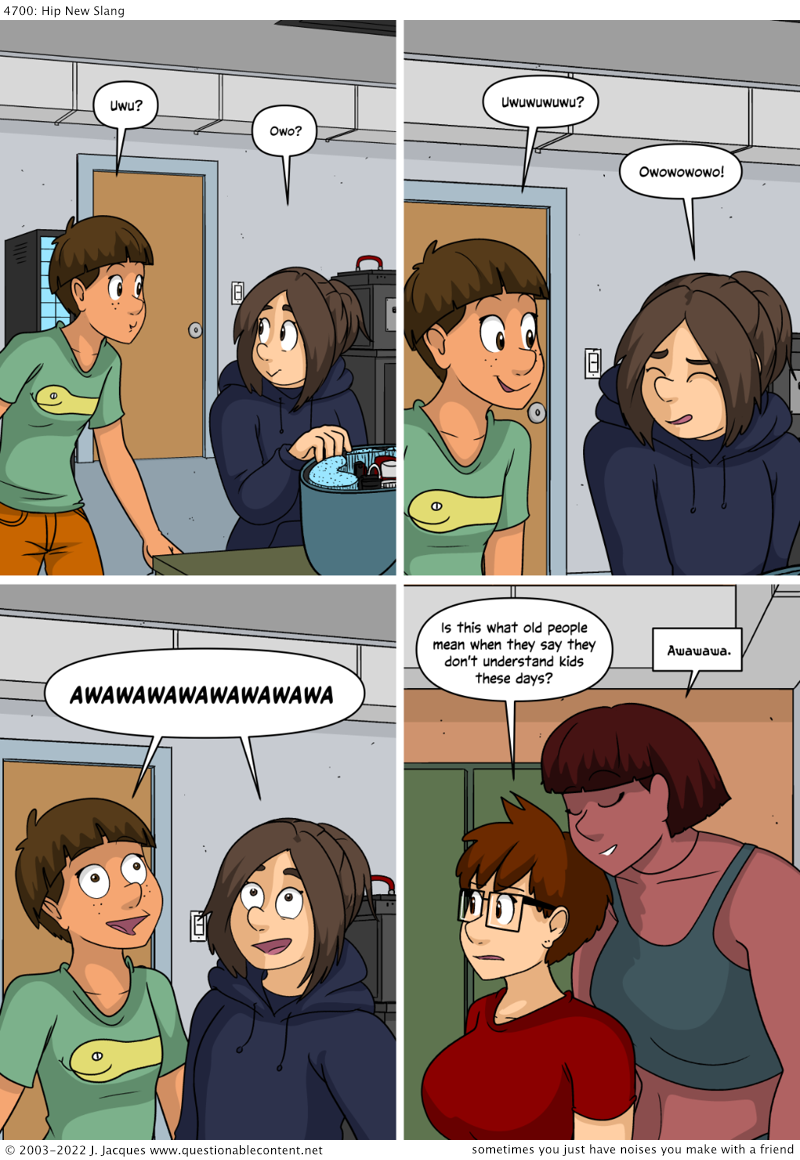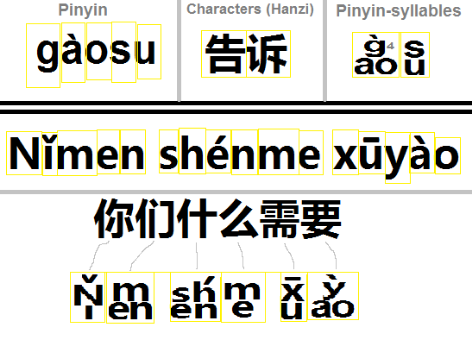Pronoun substitution peril: "they sneezes"
J. O'M. sent a link to the Cambridge Dictionary's online entry for gesundheit, which offers the gloss "said to someone after they sneezes":
Read the rest of this entry »
J. O'M. sent a link to the Cambridge Dictionary's online entry for gesundheit, which offers the gloss "said to someone after they sneezes":
Read the rest of this entry »
Stimulating, substantial article by Chang Che in SupChina (1/13/22): "China looks to the Western classics". Here are the first three paragraphs:
A block east of Tiananmen Square, in a classroom last July, Chinese school children were singing the nursery rhyme “Old McDonald Had a Farm” in Latin: “Donatus est agricola, Eia, Eia, Oh!” The students, aged 11 to 17, were taking an introductory Latin class with Leopold Leeb, a professor of literature at the prestigious Renmin University.
Every weekday during the summer, from nine a.m. to noon, Leeb holds a public class in a marble white church just a stone’s throw away from Beijing’s central government. On the day I attended, Leeb had given each student a Roman name. There was a Gaius, a Flavius, a Monica, and two sisters, Amata and Augusta. The sisters came from Changping, a two-and-a-half-hour train ride away. They sat in the front row and took naps during the 10-minute breaks.
Read the rest of this entry »
The most recent Questionable Content:

Read the rest of this entry »
Here at Language Log, we have shown how the most common word for "lion" in Sinitic, shī 獅, has Iranian and / or Tocharian connections (see "Selected readings"). The etymological and phonological details will be sketched out below. For a magisterial survey, see Wolfgang Behr, "Hinc [sic] sunt leones — two ancient Eurasian, migratory terms in Chinese revisited", International Journal of Central Asian Studies, 9 (2004), 1-53. This learned essay has appeared in multiple guises and many places (I knew it originally and best while it was still in draft, perhaps back in the 90s), so I don't know which one the author considers to be the most authoritative version. Perhaps he will enlighten us in the comments to this post.
Read the rest of this entry »
In the comments on yesterday's post "Language development", Olaf Zimmermann pointed us to this recent Onion scoop — "Newly Uncovered Manuscript Reveals China Invented English Language 700 Years Before Western World", The Onion 1/13/2022:
BEIJING—Shedding new light on the origins of the world’s most popular language, an international team of linguists announced Thursday that a newly uncovered manuscript confirms China invented both spoken and written English 700 years before the Western world. “These remarkably well-preserved bamboo slips appear to show that Zhou dynasty scholars developed the English tongue as far back as the third century BC, long before the language arose in Britain,” said Li Zhang, a professor of comparative linguistics who examined the text, which outlines the alphabet and basic grammar rules of English, in addition to including the first known uses of words such as “barbecue” and “philanthropy.” “By the time Anglo–Saxons began cobbling together their language from Latin, French, and Germanic sources, the Chinese had already mastered it. There are even some passages in this manuscript that appear eerily similar to the work of Shakespeare, though they are of far superior quality.” Li went on to explain that the Chinese gradually abandoned the English language, finding its 26-letter alphabet too limiting and opting instead for the convenience of Mandarin’s more than 50,000 characters.
Read the rest of this entry »
I don't recall how I learned first-year Japanese half a century ago (perhaps through self-study), but I remember very clearly my ascension to second-year during 1972-73 at Harvard University. My teacher was young Jay Rubin, and our textbook was the famous Hibbett and Itasaka*. It was a veritable baptism by fire.
[*Howard Hibbett and Gen Itasaka, ed., Modern Japanese: A Basic Reader, 2 volumes (Cambridge, Massachusetts: Harvard University Press, 1965).]
This was real Japanese, no more made-for-gaijin pablum. It was a big book with a wide variety of humanities and social science genres, and no punches pulled. All of the texts seemed very difficult, and I will explain the main reason why below. One of the essays haunted me for years, and still sometimes it comes back to fill my mind with melancholy and morbid thoughts. It consisted of the reflections of an author on the best way to commit suicide. He dwelt on all aspects of the act of suicide. Surprisingly, the emphasis was not on which method was least painful or most effective, but rather — at least as I recollected his thought process — more on which act was most elegant or least repulsive. Reading that essay was so wrenching that I was almost afraid to decipher the next sentence after having figured out one with great effort.
Read the rest of this entry »
In a moment of whimsy, I concluded a note to a friend thus:
wǎng qiánmiàn kànzhe 往前面看著 ("looking forward")
Whereas, the usual way to express that idea in idiomatic Chinese would be:
qídài 期待 ("expect; look forward to; await; wait in hope")
I referred to my intentionally deformed Chinese as Yīngshì Zhōngwén 英式中文 ("English style Chinese") and asked some friends what they would call that kind of writing (I was searching for a parallel to "Chinglish").
Read the rest of this entry »
Earlier this week, my brother Thomas sent me the following note:
I recently read Beautiful World, Where Are You?, the latest novel by Irish millennial author Sally Rooney. As soon as I finished the book I started finding articles about her, including the famous Sally Rooney bucket hat. If you don't yet know about it, put Sally Rooney bucket hat into Google and you'll feel like you've been shipwrecked on a deserted island since the book came out in September.
I'm not sure if SR will go down in literary history, but I will say I can't stop thinking about the book. It's one of the few books I've read lately in which the characters discuss the big ideas: politics, religion, sex, and the collapse of civilizations.
The last is of great importance because the two main female characters are unmarried single women, and they're wondering why they don't yet feel the need to settle down and start families. Will they ever?
Read the rest of this entry »
Here's the header of a recent email from a newsletter that I somehow ended up subscribed to:
That use of "best" seemed odd to me. Presumably what they mean is that the cited stories were read by the most people, or at least clicked on the most times, not that they were read in the most good way…
Read the rest of this entry »
From Agni Gopireddy (the title is as they gave it):
If one likes the idea, one may be able to use it for pinyin advocacy. The reason for this idea is mainly to make pinyin take up less space, which would mitigate one of the disadvantages it has relative to Chinese characters. Here are some mockups of how such an idea would look:

Read the rest of this entry »